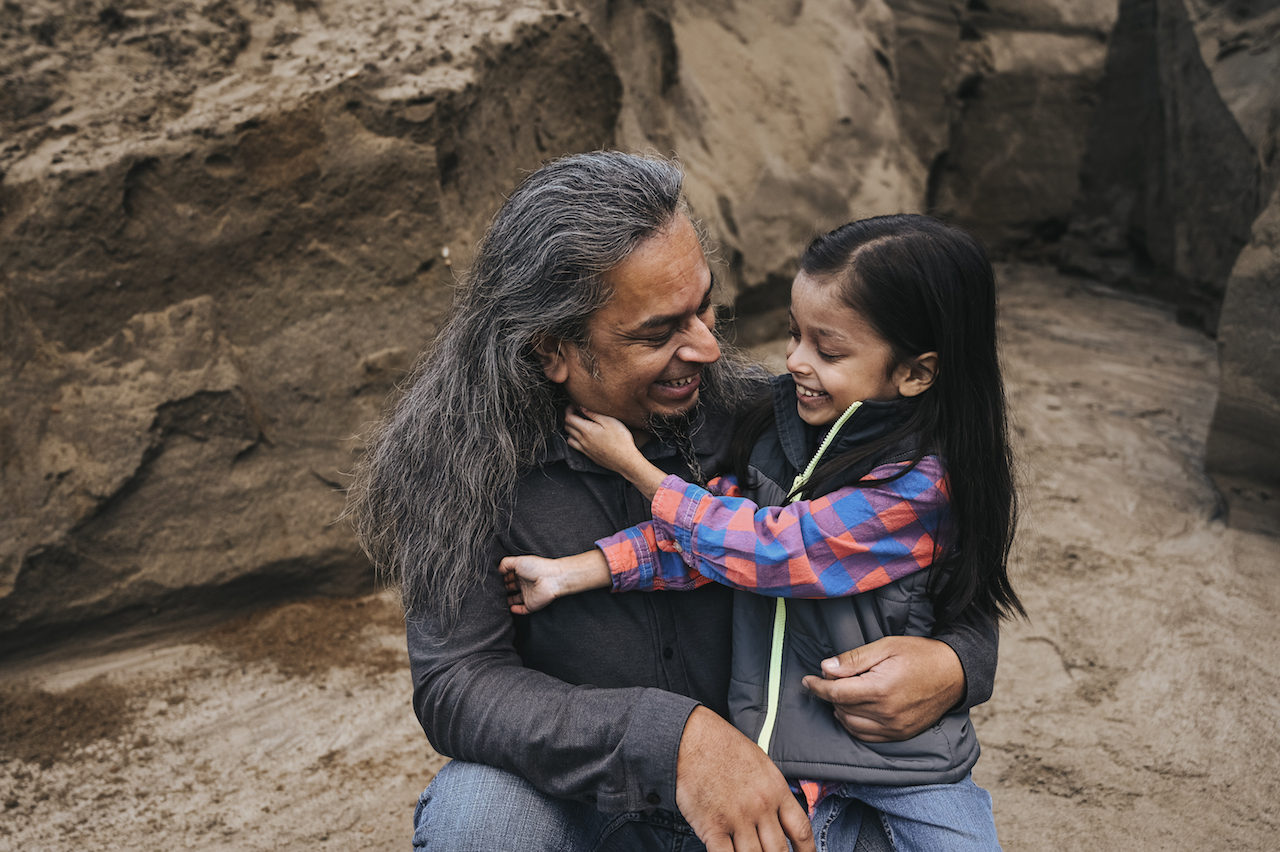Vancouver Island father Nick Chowdhury is grateful and excited that families who must travel to Campbell River to get essential medical care for their children will soon be welcomed at a home away from home.
Q̓ʷalayu House, which will be adjacent to the North Island Hospital, breaks ground Thursday, and will shelter expectant mothers and members of their family from the northern region of Vancouver Island.
Chowdhury, co-chair of the Strathcona Community Health Network and a former representative of the First Nations Health Council, has long advocated for measures to improve access to health services for families and children in the region.
Most expectant mothers from North Island communities have to travel long distances, often weeks in advance, to have their babies in the hospital in Campbell River, said Chowdhury, who is also a member of the Da’naxda’xw First Nation.
It can be a strain to arrange transportation, and may be too expensive or inconvenient to bring other children or family members along, heightening what may be an anxious time for mothers, he added.
“It’s a struggle and a challenge to have to travel, and it’s important to have family around to help to get through this time when (mothers) are away from home,” said Chowdhury.
And Chowdhury speaks from experience.
His wife, Alyna, experienced complications during her pregnancy with their third child, and had to make trips to Vancouver and Victoria from their Comox Valley home to get medical care.

But in Victoria, she stayed in Jeneece Place and this home away from home meant Nick and their children, Alicyn and Trent, could remain to visit and support Alyna.
This became even more critical when baby Nate arrived nine weeks early, weighing a little more than three pounds, said Chowdhury.
Nate would remain in Victoria General Hospital for another couple months, but staying at Jeneece Place allowed the family to be together.
Beyond that, the family benefited from the warmth, caring, and support provided by the volunteers and other families at Jeneece Place, Chowdhury said.
He regularly found himself rushing out late from the hospital for a meal with his other two kids in tow.
“But oftentimes, there’d be a volunteer from the community offering to help prepare meals, or they’d come in a drop off a batch of homemade muffins.”
In addition to the generosity and understanding from volunteers, other families at the residence provided emotional support and made them feel welcome when they arrived, said Chowdhury.
“It felt natural to be helped by someone, and I found myself doing the same when somebody new came into Jeneece Place,” he said.
“It was an amazing experience.”
Chowdhury anticipates families staying in Campbell River’s Q̓ʷalayu House will experience the same benefits he did at Jeneece Place.

The Children’s Health Foundation of Vancouver Island, which owns and operates Jeneece Place, intends to replicate its success in Campbell River, said CEO Veronica Carroll.
“We’ve taken a look at what worked really well at Jeneece Place, and we’ve accessed how we can best support families in the North Island who are travelling very, very long distances to come to the Campbell River hospital,” said Carroll.
The foundation engaged with more than 50 community stakeholders, including Island Health and the First Nations Health Authority, to help determine how best to serve the region’s needs, she added.
In addition to meeting maternity needs, Q̓ʷalayu House will also support families with children or youth that need to travel to the city for medical care, she said.
The residence, which will have 10 rooms and three large kitchens, is expected to be finished in July or August of next year, Carroll said.
There will be lots of ways for organizations, donors and volunteers to get involved with Q̓ʷalayu House to make it a success during or after construction, she said.
Jeneece Place has shown what a safe and welcoming refuge can provide families, which also allows them to focus their energy on their medical needs, Carroll added.
“I think it’s going to change health outcomes for kids born in the North Island region for generations to come.”
Rochelle Baker/Local Journalism Initiative/Canada's National Observer



Comments